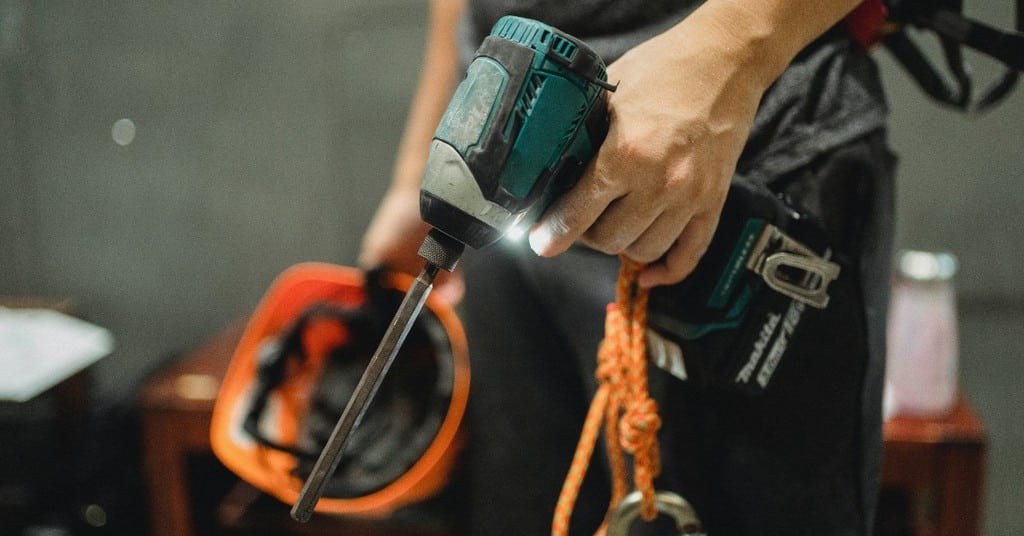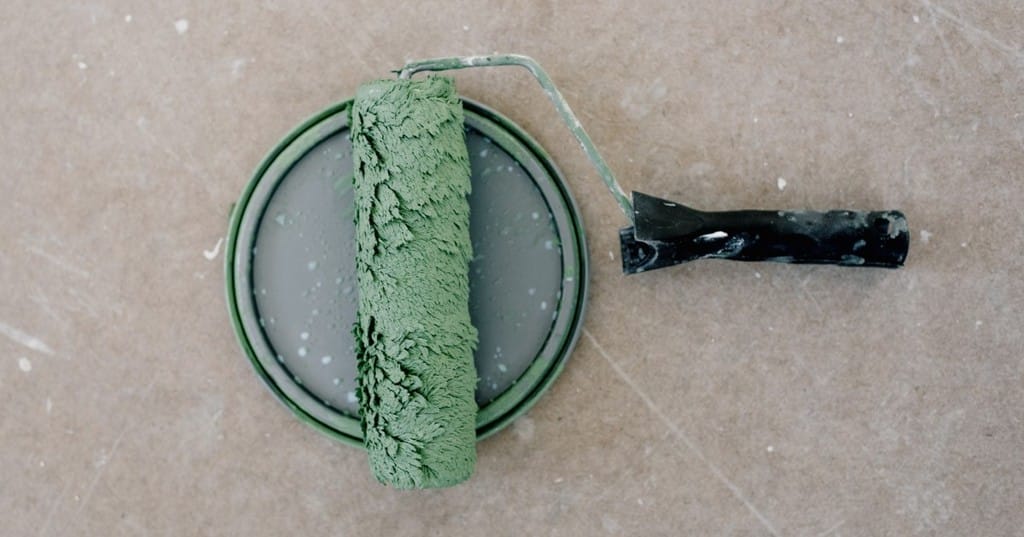Ah, the prospect of selling your home. For many of us, the idea of putting your current home on the market and moving brings mixed Ah, the prospect of selling your home. For many of us, the idea of putting your current home on the market and moving brings mixed feelings of excitement and change. It can also bring up the thought of all that will hit your to-do list before the sale can go forward.
A manageable plan will help you feel more focused and less stressed, and make the process less chaotic. Not to mention, preparing your house for sale can potentially get more than you might have expected.
Talk to an agent
One of the essential parts of getting ready to sell your home is knowing when to get in touch with a real estate agent. This step is likely already on your to-do list if you have someone you trust or have worked with. But a real estate agent is perfect for everyone new to the home selling process or not quite sure how to get started.
It’s almost never too early to start chatting with a real estate agent. Some extra lead time will ensure that your real estate agent is the best fit for you. They’ll also be able to consult with you on the best time of year to list your home.
In most cases, if you call a real estate agent and want to list your home tomorrow, they’ll do their best to work with you. That said, the more time you have to build a relationship with the agent, the more they’ll be able to help increase your sale value.
Many of the suggestions your real estate agent makes are things we’ll talk about below. If you cross off this list of tips, you’ll have a head start on the process.
Evaluate your home’s condition and make a to-do list
Chances are unless your home is next to brand new and in excellent condition, there will be things that you’ll want to address before you put it on the market. Even if that’s the case and there are no repairs, Chances are unless your home is in new a condition, there are things you’ll want to address before it goes on the market. Even if there are no repairs, updates, or improvements you want to make, you’ll still want time to take stock of your furniture. Decide which possessions you want to move with you, what will go in storage, and what should stay for staging during open houses.
The most significant factors to consider are things that will iThe biggest factors to consider are things that will immediately impact a buyer’s impression of your home. Real estate agents call this “curb appeal,” meaning the first impressions a buyer has before they even enter your home. Examples of this are well-maintained lawns and gardens, flowers, and attractive patios.
Next up, you’ll want to consider what impressions a potential buyer might have upon their first tour. Optics are huge in real estate, and often small, inexpensive improvements can dramatically impact your list value.
Renovate and repair

If your home is relatively new, minor repairs may be all that’s needed to prep your home for sale. Suppose you have an older home that If your home is relatively new, minor repairs may be all that’s needed to prep your home for sale. If your home is older and hasn’t had updates in a while, renovations and cosmetic repairs could affect the buyer’s interest.
On the other end of the scale, homes in disrepair need more renovations to maximize your profits. It might sound strange, but it’s not uncommon to put $25,000 into renovations in preparation to sell. Those seemingly huge investments can result in two or three times their price added to the market value of your home.
Many prospective buyers don’t have the time or bandwidth to consider a home that needs repairs before moving in. This can create an unnecessary deterrent for a sale that could otherwise be quick and easy.
Don’t underestimate the value buyers place on a home that doesn’t need immediate repairs or updating. It can make a lot of difference in your home’s list value and what it closes for in the end.
Declutter and depersonalize
If you’ve ever had the experience of decluttering a room and thinking, “It looks huge now,” then you understand the impact that can have on a buyer.
Decluttering is something that most real estate agents will recommend across the board. When potential buyers walk through your home, your real estate agent will want them to focus on the home’s potential. That way, they can picture themselves in the space instead of being distracted by clutter.
The same principle goes for depersonalizing your home when preparing it for sale. It might sound cold, but the purpose is to show a neutral canvas so buyers can see what their lives would look like there. You might love your magenta accent wall, but that could be the thing that turns off an otherwise interested buyer.
Remember that not everyone is a visual person. It doesn’t always come naturally to everyone to walk into a space with strong design elements and visualize it in their style.
Touch up to boost the selling price

Don’t be too overwhelmed thinking that you need to sink a ton of money and time into making major changes before selling your home. You can have a handyman do many small things like replace outlets or repair lighting fixtures. If you’re up to it, you can also tackle those tasks independently. Taking care of minor repairs yourself will help you boost your selling price without breaking the bank.
Here are a few things to get you started. Chances are, when your real estate agent assesses your home, they’ll be able to suggest more minor improvements.
- Freshen up your paint (both inside and outside).
- Update small fixtures like faucets, showerheads, cabinet hardware, etc.
- Update light fixtures without breaking the bank.
- Replace old lightbulbs with bright, high-quality LED lights.
- Tidy up your landscaping and bring flowering plants into your yard.
- Re-stain your deck or exterior trim.
- Pressure wash your driveway, sidewalk, etc.
- Install smart home features like an alarm system, door locks, and lighting.
Remember that when it comes to selling your home, it’s all about first impressions. When a buyer walks through your home for the first time, they might overlook the structure, foundation, and wiring if your paint colors are dated, the fixtures are old, or the paint is peeling.
Consider staging
According to the National Association of Realtors, 75% of sellers reported a 5-15% increase in asking price with staging. Professional staging involves bringing in a pro who knows what buyers are looking for in design, furniture, colors, and more. Professional staging costs about 1% of your home’s list price. Considering the return is a 5-15% increase in your list price, it’s a worthy investment.
But there are absolutely ways you can stage your home on your own without paying for a professional staging company. Paint your walls a neutral shade, arrange your furniture, and keep any boxes you’re still moving out of the way. Consider how you’d want a home you were thinking of buying to look and decorate your house accordingly.
However, individuals and companies specializing in home staging have access to decor only used for staging. This means that they’ll be able to quickly and easily stage your home without you having to buy items.
Get a pre-listing inspection
Home inspections are a vital part of the home buying process from the buyer’s end, but they can also benefit you as the seller.
Having a pre-listing home inspection helps you identify areas that might be sticking points for a sale that you might not have been aware of. This gives you time to address those issues before listing your home.
Think of what a terrible surprise it would be if you prepared your home for sale, listed it, and found a buyer, only to find out that you have a leak in your roof! It’s much better to get ahead of those concerns so that you don’t have to move reactively.
In addition, a pre-sale inspection is a great way to encourage buyers to close quickly. By having the home inspection already completed, a potential buyer could close right away instead of waiting weeks on an inspection.
Keep it clean while it’s on the market
You’ve identified areas to repair and renovate, decluttered, and staged your home. Now, you’ll want to make sure all of that hard work pays off by keeping things clean and tidy while your home is on the market.
It’s important to ensure your home is at its best during an open house. You never know when a potential buyer might spot your “For Sale” sign from the street and make a quick judgment based on your landscaping. It might sound trivial compared to the cost of purchasing a home, but these things are crucial.
In addition to the outside of your home staying clean and tidy while it’s on the market, it’s equally important to ensure your home’s interior is clean. In many areas, homes will be on the market for weeks before selling, and you never know when a potential buyer might want to schedule a viewing with little to no notice. The last thing you want is your carefully prepped home to be a disorganized mess when you have half an hour to get ready for viewing!
The final word
Preparing your home for sale is all about being able to present potential buyers with a home they can picture themselves living in. Making repairs and renovations before buyers look at your home will help them visualize the home as their own. In addition to making your home more appealing to buyers, these renovations allow you to list your home for more than the improvements cost you.
Preparing your house for sale might seem daunting. When you break it down into stages with bite-sized goals, you’ll be able to cruise through feeling organized and stress-free!

